Menu
Hot-Topics
February 5, 2026 | SCOTUS Decision in Bowe v. United States Is First of the 2026 Term
Author: DONALD SCARINCI
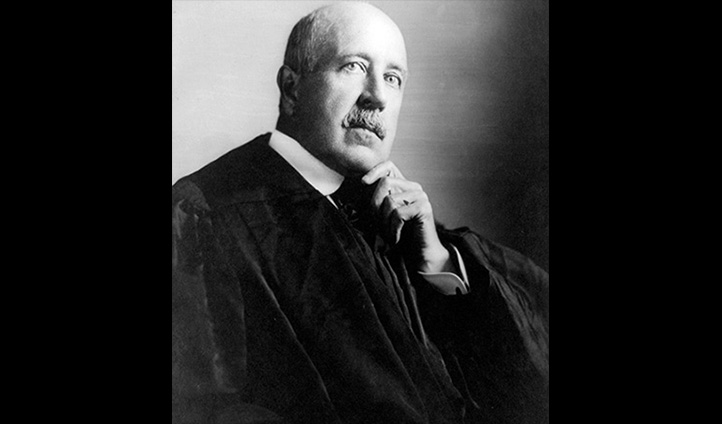
Impeachment of Judge Robert W Archbald
Robert W Archbald was the third person to be removed from federal office. The federal judge was impeached by the U.S. House of Representatives on July 11, 1912, for engaging in improper business relationship with litigants that appeared in his court....

Venezuela v Helmerich & Payne International Expands Sovereign Immunities Act
Venezuela v Helmerich & Payne International The U.S. Supreme Court recently decided Bolivarian Republic of Venezuela v. Helmerich & Payne International Drilling Co., 581 U. S. ____ (2017), which involves the Venezuelan government’s seizure...

Lewis v Clarke: Supreme Court Denies Sovereign Immunity for Tribal Employees
In Lewis v Clarke, 581 U. S. ____ (2017), the U.S. Supreme Court held that the doctrine of tribal sovereign immunity does not apply to tribal employees who are sued in their official capacity as agents of the tribe. The Court’s decision was unanimo...
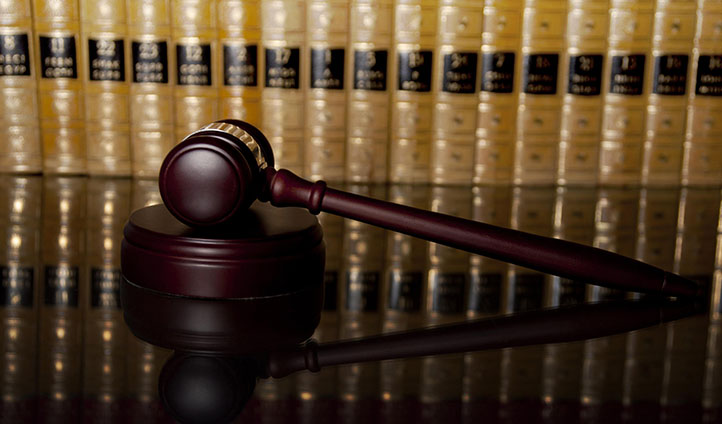
District Court Judge Charles Swayne Beats Impeachment
District Court Judge Charles Swayne Charles Swayne served as a U.S. District Court judge for the Northern District of Florida from 1890 to 1907. Judge Swayne’s judicial career was almost cut short when he was impeached by the U.S. House of Represe...

SCOTUS Clarifies District Court’s Ability to Sanction Bad-Faith Conduct
Bad-Faith Conduct In Goodyear Tire & Rubber Co. v. Haeger, 581 U. S. ____ (2017), the U.S. Supreme Court ruled that the lower court exceeded its authority when it imposed a $2.7 million sanction against Goodyear Tire & Rubber Co. for discove...

Nelson v Colorado: Fines Must Be Reimbursed to Exonerated Defendants
The U.S. Supreme Court held that the State of Colorado must return fines and costs assessed against criminal defendants whose convictions have been reversed. The justices decided Nelson v Colorado, 581 U. S. ____ (2017) by a vote of 7-1, with Justice...
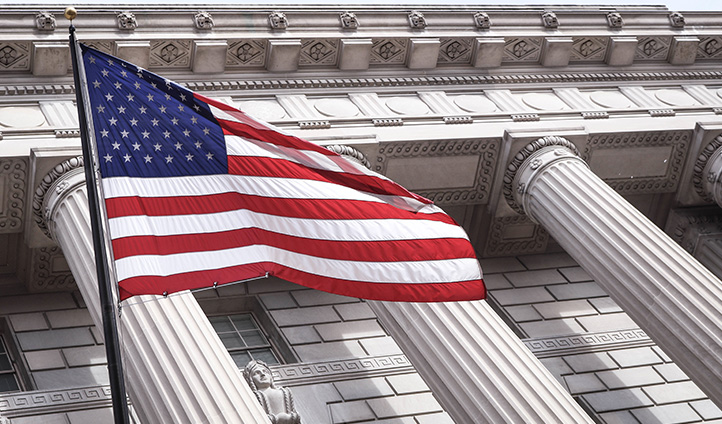
Full Nine-Member Court Considers Last Seven Cases of 2016-17 Term
The U.S. Supreme Court heard oral arguments in seven cases last week. The justices will spend the remainder of the term rendering decisions and selecting cases to consider next term. Below is a brief summary of the last seven cases befor...
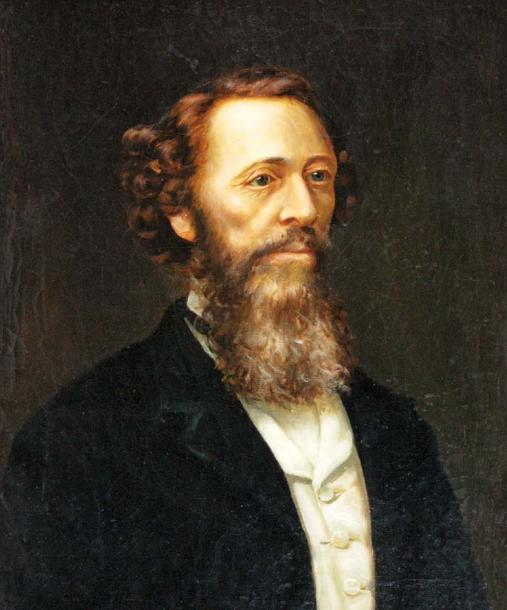
Lincoln Ally US District Judge Mark W Delahay Impeached for Intoxication
Mark W Delahay, a judge for the U.S. District Court for the District of Kansas, was impeached by the U.S. House of Representatives in 1873 for being intoxicated on the bench. Delahay resigned from the bench prior to his trial before the U.S. Senate. ...

Justice Neil Gorsuch Has Busy First Week on Supreme Court
Justice Neil Gorsuch heard oral arguments in his first cases as a newly sworn-in member of the U.S. Supreme Court. One of the cases, Trinity Lutheran Church v. Pauley, could be blockbuster. In Trinity, the justices must decide whether th...
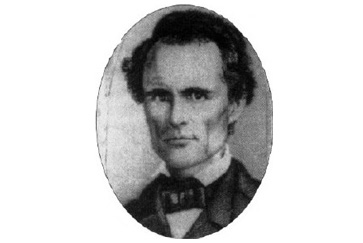
District Court Judge West Humphreys Impeached After Joining Confederacy
West H. Humphreys, who served as a judge for U.S. District Court for the Middle, Eastern, and Western Districts of Tennessee, was impeached in 1862 after he advocated in favor of succession and joined the Confederacy. He was the only federal official...
Previous Articles
SCOTUS Rules State Can’t Immunize Parties from Federal Civil Liability
by DONALD SCARINCI on January 29, 2026
In John Doe v. Dynamic Physical Therapy, LLC, 607 U.S. ____ (2025) the U.S. Supreme Court held that...
Supreme Court to Address Racial Discrimination in Jury Selection
by DONALD SCARINCI onWhile the U.S. Supreme Court has concluded oral arguments for the year, it continues to add cases t...
Supreme Court Halts Deployment of National Guard to Chicago
by DONALD SCARINCI on
In Trump v. Illinois, 607 U.S. ____ (2025), the U.S. Supreme Court refused to stay a district court...
The Amendments
-
Amendment1
- Establishment ClauseFree Exercise Clause
- Freedom of Speech
- Freedoms of Press
- Freedom of Assembly, and Petitition
-
Amendment2
- The Right to Bear Arms
-
Amendment4
- Unreasonable Searches and Seizures
-
Amendment5
- Due Process
- Eminent Domain
- Rights of Criminal Defendants
Preamble to the Bill of Rights
Congress of the United States begun and held at the City of New-York, on Wednesday the fourth of March, one thousand seven hundred and eighty nine.
THE Conventions of a number of the States, having at the time of their adopting the Constitution, expressed a desire, in order to prevent misconstruction or abuse of its powers, that further declaratory and restrictive clauses should be added: And as extending the ground of public confidence in the Government, will best ensure the beneficent ends of its institution.
Awards





